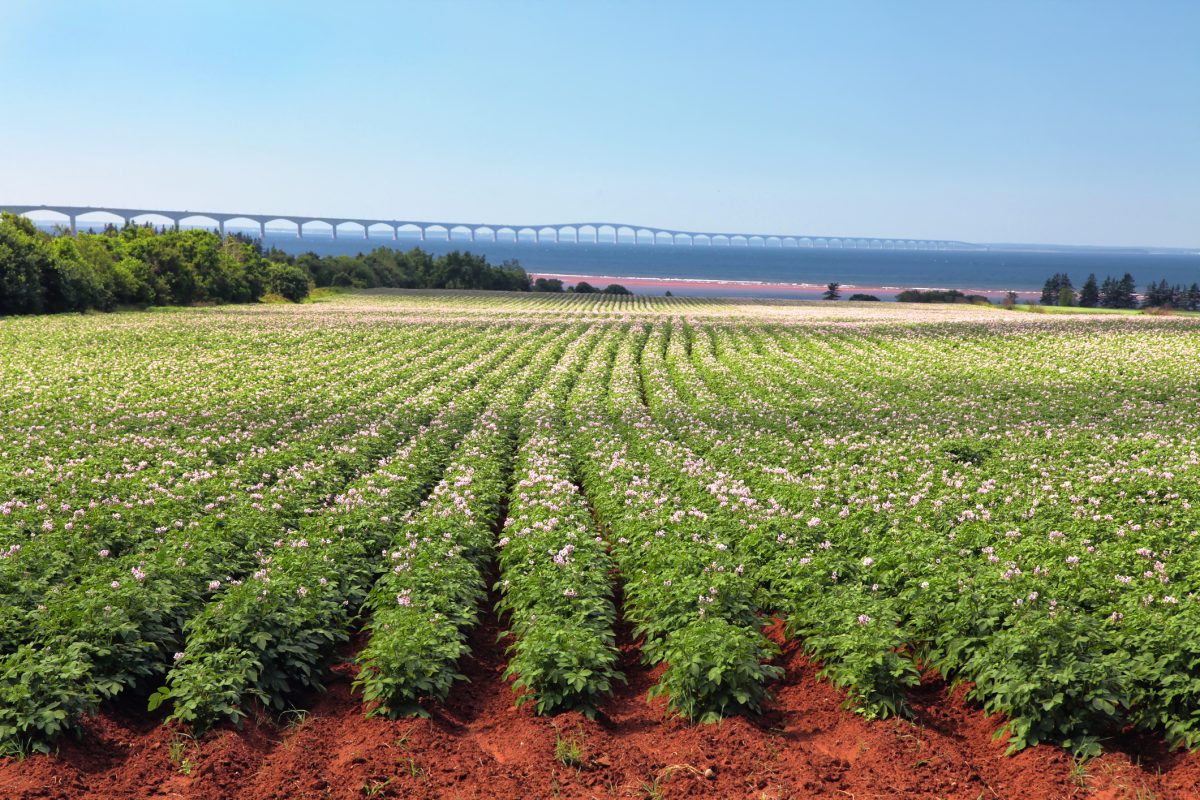Moscow | Reuters — Low global prices for grains, Russia’s main agricultural commodity, have caused a sharp fall in exports in recent months, Deputy Prime Minister Dmitry Patrushev, who oversees agriculture, told President Vladimir Putin on Monday.
Wheat exports in Russia, the world’s largest wheat exporter, fell by about 30 per cent year-on-year in August and by 10 per cent in September, according to data compiled by Sovecon consultancy, despite forecasts pointing to a good harvest this year.
Read Also

CFIA looks for feedback on proposed seed potato rule changes
The Canadian Food Inspection Agency is looking for public and industry input on proposed amendments to regulations around seed potatoes.
“In 2025, there is generally an increase in export revenue across almost all sectors, except for grains. The situation here is not very good,” Patrushev told Putin at a televised meeting.
“We have been exporting fewer grains, but this is due to extremely low global prices for this product,” Patrushev said, stressing that demand for Russian grain among key customers continued to be high.
Benchmark global wheat futures Wv1 remain close to a five-year low set in August with the prospect of a record global crop in the 2025/26 marketing season contributing to the weakness in prices.
The slowdown in grain exports casts doubt on Putin’s plan to increase Russia’s agricultural exports by 50 per cent by 2030 and also signals emerging deeper problems in Russia’s farming sector, which has been booming in recent years.
The agriculture ministry called a meeting with the leading exporters at the start of September to discuss measures to boost exports, saying it wants to increase price formation transparency through development of exchange trade in grains.
Many farmers blame the wheat export duty, introduced in 2021 to protect the domestic market, as well as rising costs of fuel, fertilizers and machinery for the falling profitability of growing and exporting wheat.
Drought in southern parts of Russia, which have easy access to main export terminals on the Black Sea, contributed to the slowdown as export logistics for regions which had good harvest this year have become more difficult.
Egypt and Turkey are traditionally the main buyers of Russian wheat but the government is seeking to diversify exports to Asia in order to unlock the potential of new grain-producing regions in the Urals and Siberia.
— Reporting by Gleb Bryanski and Olga Popova















